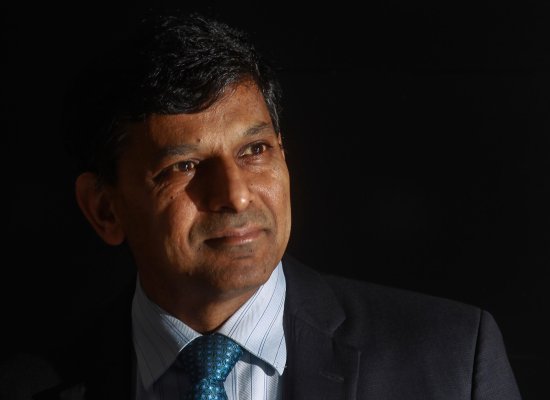
India’s prescient banker
Economic seers don’t come along too often, but Raghuram Rajan, the economist currently serving as the governor of the central bank of India, is one of them. While serving as the youngest chief economist of the IMF from 2003 to 2006, he predicted the subprime crisis that would lead to the Great Recession, standing up to critics like former U.S. Treasury Secretary Larry Summers, who labeled him a Luddite.
Since then, more and more of the economic establishment has come to share Rajan’s view that debt-fueled growth is just a saccharine substitute for the real thing. As he argued in his book Fault Lines, credit has become a palliative to address the deeper anxieties of downward mobility in the global middle class.
Debt hasn’t gone away since Rajan issued his warnings. In fact, it grew by $57 trillion from 2007 to 2014. But he steered India through the global crisis and fallout, playing a large role in making it one of the emerging-market stars of the moment.
Foroohar is an assistant managing editor at TIME